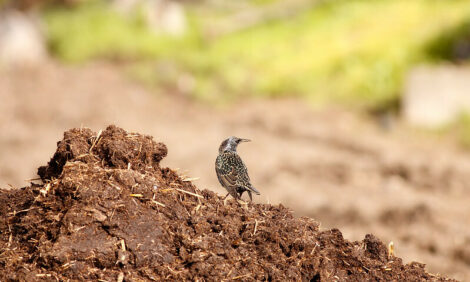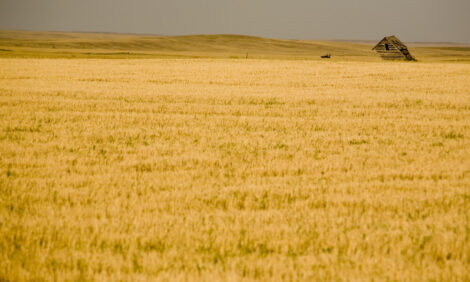



African Poultry Wrap: Egypt Imports from Russia as Ghana's Egg Sector Faces Low Prices
AFRICA - Two human cases of avian influenza A (H5N1) were reported in Egypt during October, reports Tawanda Korombo in his latest African Poultry Wrap.The two victims, it was reported this month, had previously been exposed to poultry that had been purchased from a market, with experts saying the avian influenza A is “enzootic” in poultry in Egypt.
However, the North African country’s Ministry of Agriculture has approved 13 slaughterhouses in Russia to start processing poultry products destined for Cairo, marking the first such step by the African country.
Egypt is apparently trying to boost trade ties with Russia, which has responded by lifting a ban on exports from the African country.
Meanwhile, poultry producers in the West African country of Ghana could see the prices of poultry eggs being lowered.
Professor Agyeman Badu Akosa, former director general for the Ghana Health Service, says retailers and wholesalers of poultry eggs were profiteering at the expense of farmers. The possible reduction of eggs will however affect retailers and wholesalers more, as Ghana weighs up options for retail and wholesale prices for eggs.
"I can't understand how a farmer can produce an egg at (a certain price) and allow someone to go and sell it at one price and then then people are saying egg is too expensive," said Akosa.
He added that it was not normal for the Ghana poultry industry to “allow middlemen and retailers to set the price of eggs” on the market “since you know the production cost for an egg” which had become a mismatch with the retail prices for eggs in the country.
Data at hand shows that per capita consumption of eggs in Ghana stands at 12 to 20 eggs, which Prof Akosa said was low. Low consumption for local poultry products and high production costs are among the challenges the poultry industry is facing in Ghana.
Poultry imports come under fire
The industry is also being hobbled by imported frozen chicken products that are lowering locally produced chicken. The Chairman of the Poultry Farmers Association of Ghana, Victor Oppong Adjei, said this month that imports were taking up about 95 per cent of the poultry market.
“Well the situation has not changed it’s the same. About 95 per cent of the market has been taken by the imported frozen chicken. And even the 5 per cent we are still finding it very difficult to sell," Adjei said.
Across the border, in Nigeria, frozen poultry products have been seized after the government intercepted trucks and raided warehouses in the Lagos city. The seized items consisted of 2,026 cartons of imported frozen poultry products.
Poultry products, alongside rice, have become the most illegally imported products in Nigeria, according to Bello Hassan, an official with the Nigerian Customs department. Nigeria has previously destroyed intercepted frozen poultry products illegally brought into the country.
The issue of poultry imports into Africa has once again shot to the top of the agenda on the continent, with the United States of America – despite agreeing to a deal to sell chicken products in South Africa – asking Pretoria to deal with a challenge brought by chicken producers in the country against the deal.
This comes after the South African Poultry Association (SAPA) and the Pork Producers Organisation in the country sought court orders to block imports of the products from the USA. The SA chicken producers said South African consumers had now been exposed to the salmonella bacteria in US chicken.
Laird Treiber of the US embassy in Pretoria, said this month that US has now asked the South African government to challenge the moves by the SA chicken producers. Under the agreement, the USA has guarantees for an export quota of chicken products of about 65 000 tonnes per year.
Demand for chicken meat, which is relatively cheaper compared to beef, is set to expand in Africa in the next few years because of a booming population. Kevin Lovell, chief executive officer of the chicken producers grouping in South Africa, said: "Chicken is the first choice of meat for most Africans."








